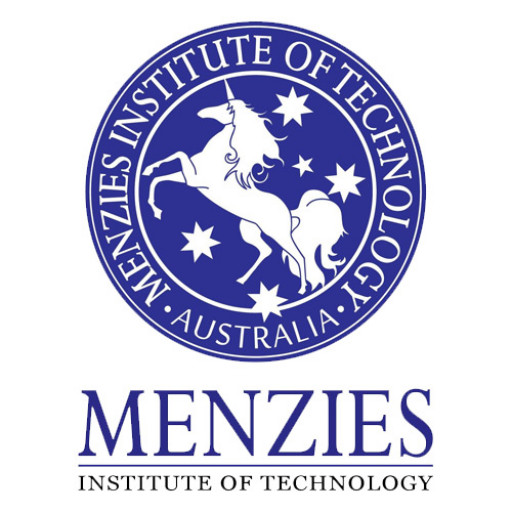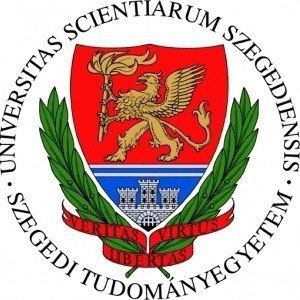Photos of university / #rmituniversity
The Bachelor of Dental Prosthetics at RMIT University is a comprehensive undergraduate degree designed to prepare students for a rewarding career in restorative and prosthetic dentistry. This program combines theoretical knowledge with practical skills, enabling graduates to design, fabricate, and fit a wide range of dental prostheses, including crowns, bridges, dentures, and implants. The curriculum is structured to provide students with a solid foundation in oral anatomy, dental materials, dental laboratory techniques, and clinical practices. Throughout the course, students engage in hands-on laboratory work and simulated clinical scenarios to develop proficiency in custom prosthesis creation, ensuring they are well-equipped to meet the diverse needs of patients.
The program emphasizes a multidisciplinary approach, integrating principles from biomedical sciences, dental technology, and patient care to foster a holistic understanding of dental prosthetic treatment planning and execution. Students also learn about the latest advancements in dental technology, such as digital dentistry and CAD/CAM systems, ensuring they stay current with industry innovations. Moreover, the program incorporates units on professionalism, communication, and ethical practice to prepare graduates for effective collaboration within dental teams and with patients.
As a vocationally oriented qualification, the Bachelor of Dental Prosthetics at RMIT provides pathways to clinical practice, research, and further specialization. Students benefit from state-of-the-art laboratories and teaching facilities, alongside opportunities for industry placements and internships. Graduates of this program are eligible to register as qualified dental prosthetists and can work in private practices, dental laboratories, hospitals, or establish their own practices. With a focus on quality education, clinical competence, and innovation, RMIT’s Dental Prosthetics program aims to produce skilled professionals who contribute significantly to improving oral health and restoring patient confidence through high-quality prosthetic solutions.
The Bachelor of Oral Health (Dental Prosthetics) program at RMIT University is designed to prepare students for a successful career as a dental prosthetist, specializing in the design, fabrication, and fitting of dental prostheses. Throughout the course, students develop a comprehensive understanding of oral health, dental anatomy, materials science, and clinical techniques essential for providing high-quality prosthetic solutions to patients. The program combines theoretical knowledge with practical training, ensuring graduates are confident in managing patient cases, working with dental laboratories, and adhering to industry standards and regulations.
Students will engage in numerous hands-on clinical experiences within RMIT's state-of-the-art simulation labs and supervised clinical placements. These practical components enable students to refine their technical skills, develop professional communication abilities, and foster a patient-centered approach. The curriculum covers a wide range of topics, including occlusion, dental materials, anatomical considerations, digital dentistry, and treatment planning. Emphasis is placed on the latest advancements in dental technology, including CAD/CAM design and digital workflows, preparing students for the evolving landscape of dental prosthetics.
Throughout the program, students will learn about ensuring optimal patient outcomes, managing complex dental cases, and working collaboratively within multidisciplinary healthcare teams. The program also emphasizes ethical practices, patient safety, and continuing professional development, aligning with registration requirements for dental prosthetists. Upon graduation, students will be equipped to contribute effectively to dental practices, dental laboratories, and community health initiatives, helping improve the quality of life for individuals with missing teeth or oral tissue defects. Graduates of this program may choose to pursue further specialization or advance into related fields within dental healthcare, supported by RMIT’s industry connections and career services.
To gain Entrance into HLT65015 Advanced Diploma of Dental Prosthetics an Applicant Has to hold the HLT55115 Theory of Dental Technology or the HLT55118 Theory of Dental Technology.
Tuition fees for the Bachelor of Dental Prosthetics at the Royal Melbourne Institute of Technology (RMIT) vary depending on the student's nationality, residency status, and the year of study. For domestic (Australian) students, the annual tuition fee is approximately AUD 14,000 to AUD 16,000. International students are generally charged higher fees, typically around AUD 35,000 to AUD 40,000 per year. These figures are indicative and subject to change annually; therefore, students are advised to consult the official RMIT website or admissions office for the most current fee schedule.
In addition to tuition, students should budget for additional expenses such as textbooks, clinical supplies, and equipment, which can amount to several thousand AUD each year. RMIT offers various financing options to support students in funding their studies. Domestic students may access government loans and schemes such as FEE-HELP, which allows eligible students to defer their tuition payments until they are earning above the repayment threshold. International students are required to pay tuition fees upfront or secure scholarships and funding support, as government loan schemes are generally not available to them.
RMIT provides scholarships and bursaries based on merit, need, or specific criteria, which can significantly offset the costs of study. These scholarships are competitive and have application deadlines aligned with the academic year. Additionally, students may explore external funding sources, including private loans and sponsorships.
Students are encouraged to create a detailed financial plan that includes tuition fees, living expenses, health insurance (such as Overseas Student Health Cover for international students), and other costs associated with studying and living in Melbourne. The university offers financial counselling services to assist students in understanding their options and planning their budget effectively.
Furthermore, part-time work opportunities are available for students to help manage their expenses. RMIT's campus provides access to job boards and career services that can connect students with suitable employment during their studies.
Overall, while the cost of studying Dental Prosthetics at RMIT represents a significant investment, various payment and financial assistance options are designed to support students throughout their educational journey. Students are advised to research thoroughly and plan financially before commencing their studies to ensure a smooth academic experience.
The Bachelor of Dental Prosthetics at RMIT University is a comprehensive undergraduate program designed to prepare students for a professional career in dental prosthetics. This program provides students with in-depth knowledge of dentistry, focusing on the design, creation, and fitting of dental prostheses such as crowns, bridges, dentures, and implants. It combines theoretical instruction with practical training to ensure graduates are well-equipped to meet the needs of patients requiring restorative dental services.
Throughout the course, students learn about oral anatomy, dental materials, prosthodontics, and CAD/CAM technology, enabling them to develop technical skills alongside clinical competencies. The program emphasizes a patient-centered approach, fostering skills in communication, ethics, and professionalism that are essential in dental practice. Students also engage in laboratory work and hands-on clinical practice to gain real-world experience under supervision, preparing them to work confidently in dental laboratories or clinics after graduation.
The curriculum is designed in accordance with Australian health standards and includes modules on infection control, dental biomechanics, and laboratory management. RMIT collaborates with industry partners and provides access to state-of-the-art laboratories and technology, ensuring students learn with current tools and techniques. The program also encourages research and innovation in dental prosthetics, promoting critical thinking and continuous professional development.
Graduates of the Bachelor of Dental Prosthetics are qualified to register with relevant health authorities and work in diverse settings, including private practices, dental laboratories, or community health organizations. The program's standout features include its strong emphasis on practical skills, industry engagement, and the integration of emerging technologies to keep pace with advancements in dental sciences. Overall, RMIT's Dental Prosthetics program aims to produce competent, ethical, and innovative professionals dedicated to enhancing patients' oral health and quality of life.







